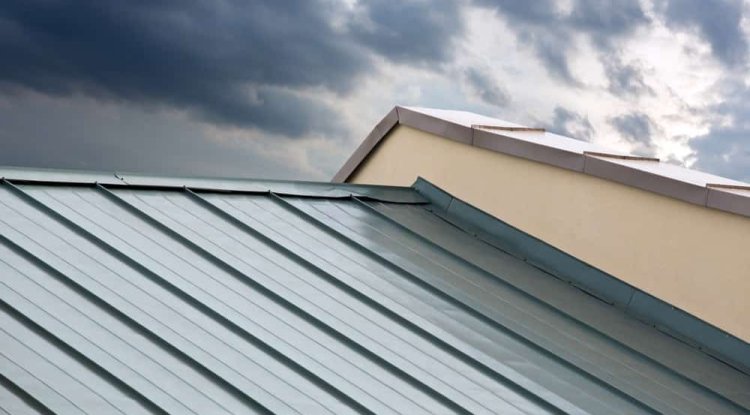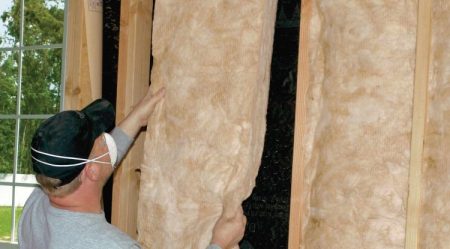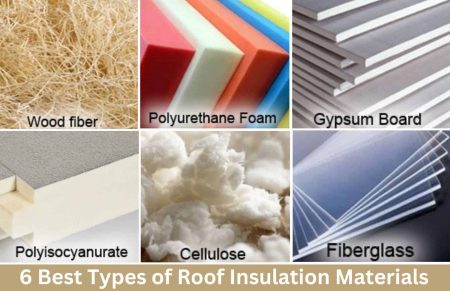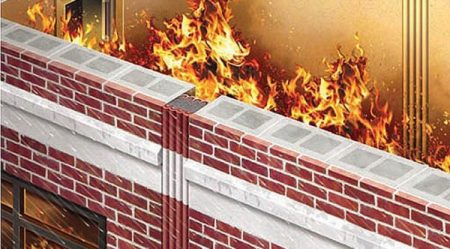Roofing Materials that Block Sound Effectively
When it comes to creating a peaceful and quiet environment in your home or office, roofing materials that block sound effectively play a crucial role. By choosing the right materials, you can significantly reduce external noise intrusion and enjoy a more serene living or working space. In this article, we will explore various roofing materials known for their sound-blocking properties and how they can enhance your acoustic experience.
Contents
Understanding the Importance of Sound-Blocking Roofing Materials
-
Enhanced Comfort and Well-being
Sound-blocking roofing materials contribute to a more comfortable and pleasant indoor environment by minimizing the impact of external noise. They create a barrier against traffic sounds, loud neighbors, or other disruptive sources, allowing you to relax and focus on your tasks.
-
Improved Privacy
Privacy is vital in both residential and commercial settings. By installing sound-blocking roofs, you can prevent sound transmission and maintain a sense of privacy within your space. This is particularly beneficial for areas where confidentiality is essential, such as conference rooms or bedrooms.
-
Better Sleep Quality
Uninterrupted sleep is crucial for overall well-being. Sound-blocking roofing materials can significantly reduce noise disturbances, ensuring a peaceful sleep environment. Whether it’s the sound of rain, wind, or other external factors, these materials provide a shield against unwanted noise, promoting better sleep quality.
Roofing Materials Known for Sound-Blocking Properties
-
Metal Roofing
Metal roofing is renowned for its durability and versatility, but it also offers excellent sound-blocking capabilities. The solid structure of metal roofs effectively blocks noise from rain, hail, or other external sources, providing a quieter indoor space.
-
Concrete Tiles
Concrete tiles are heavyweight materials that absorb and block sound effectively. Their dense composition helps reduce the transmission of external noise, making them an excellent choice for sound-blocking roofs.
-
Clay Tiles
Similar to concrete tiles, clay tiles possess natural sound-absorbing properties. The thickness and density of clay tiles contribute to their ability to block noise effectively, creating a quieter environment.
-
Asphalt Shingles with Soundproofing Underlayment
When combined with soundproofing underlayment, asphalt shingles can effectively block sound. The underlayment acts as a sound barrier, preventing noise transmission and enhancing the acoustic performance of the roof.
-
Synthetic Roofing Materials
Some synthetic roofing materials, such as rubber or PVC, offer good sound-blocking properties. These materials dampen sound vibrations, minimizing noise intrusion and creating a more peaceful living or working space.
Frequently Asked Questions (FAQs)
1. Can sound-blocking roofing materials completely eliminate all noise? While sound-blocking roofing materials can significantly reduce noise, they may not eliminate all sounds completely. However, they create a barrier that minimizes the impact of external noise and improves the acoustic experience indoors.
2. Do sound-blocking roofing materials require special installation techniques? In most cases, sound-blocking roofing materials can be installed using standard roofing practices. However, it’s important to consult with professionals to ensure proper installation and maximize their sound-blocking capabilities.
3. How do I determine the right sound-blocking roofing material for my needs? Consider factors such as the level of noise you want to block, the climate in your area, and the aesthetic appeal you desire. Consulting with roofing experts can help you choose the most suitable material for your specific requirements.
4. Can sound-blocking roofing materials also enhance energy efficiency? Yes, many sound-blocking roofing materials offer additional insulation benefits, which can contribute to improved energy efficiency by reducing heat transfer and maintaining indoor temperature stability.
5. How long do sound-blocking roofing materials typically last? The lifespan of sound-blocking roofing materials varies depending on the type of material and maintenance practices. Generally, high-quality roofing materials can last between 20 to 50 years or even longer.





